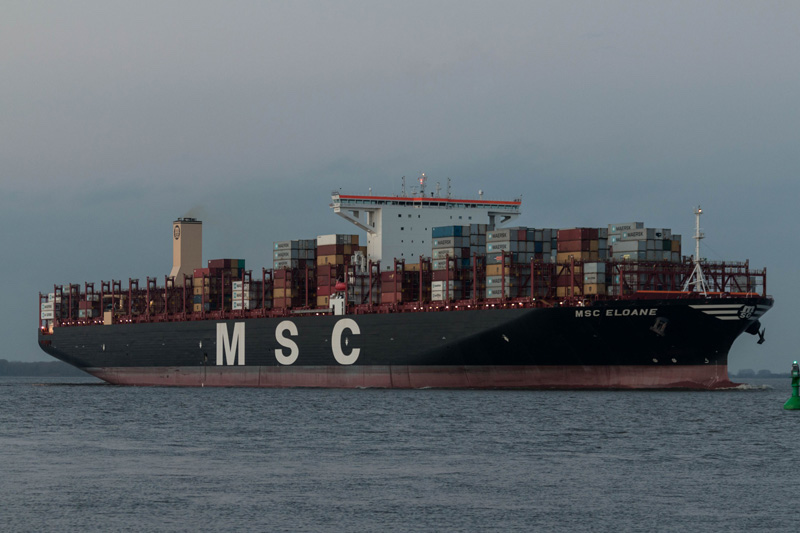
After MSC swept past Maersk and took first place in the liner rankings in early 2022, it could have slowed down and enjoyed the win - but it didn't. Instead, the carrier continued to add capacity throughout 2023, adding so much tonnage that it accounted for half of all growth in the boxship fleet last year, according to Alphaliner.
In 2023, the global container fleet added about two million TEU worth of capacity, including one million for MSC alone. The top-ranked carrier has been investing heavily in more efficient, super-large vessels, and it took delivery of 14 Megamax 24,000-TEU ships last year. (Taken by themselves, these 14 newbuilds added a full percentage point onto all global cellular capacity.) MSC also took in 26 Neopanamax vessels of about 15,000 TEU in size.
The carrier is going to keep taking big deliveries and growing for a long time to come. It has an orderbook totaling nearly 1.5 million TEU, far more than any competitor. MSC has also continued its robust campaign of chartering-in and buying used tonnage. MSC began acquiring secondhand vessels with abandon during the late-pandemic cargo surge, and it now owns about one quarter of all container ships over the age of 20 (prime demolition age), according to Alphaliner. When the time comes for these ships to retire, MSC's decisions about its older tonnage will have a substantial effect on the composition of the global fleet.
While MSC is growing fast, Maersk's fleet is headed in the other direction: it shrank by three percent last year, expanding MSC's 1.5 million-TEU lead as the frontrunner. If Maersk's pace continues, it could lose its second-place spot to CMA CGM in the rankings in the years ahead, Alphaliner said. Since Maersk has refocused its strategy on its integrated logistics business, and has deemphasized sheer size as a driver of profitability, this prospect does not appear to have raised alarms in Copenhagen.

